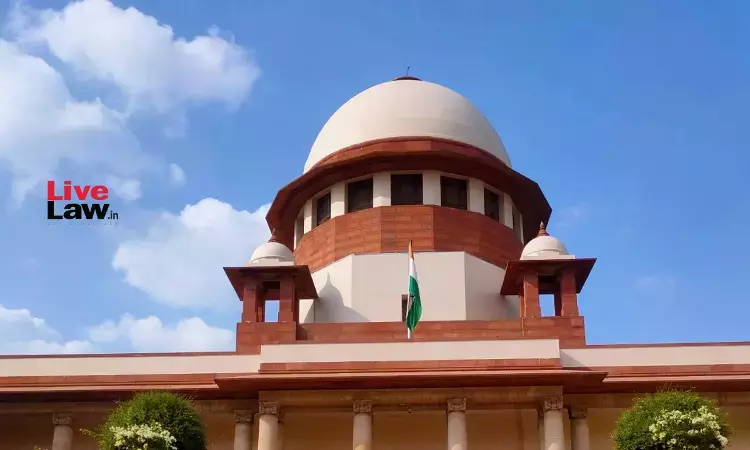'Disciplinary Proceedings Contemplated' : What Does 'Contemplate' Mean? Supreme Court Explains
Anmol Kaur Bawa
18 Dec 2023 6:42 PM IST

Next Story
18 Dec 2023 6:42 PM IST
The Supreme Court in its decision on Thursday (December 14), in an appeal against a High Court's Order allowing appointment to a government post, held that to ascertain the cut-off date for eligibility criteria, attention should be given to clarification letters issued subsequently. The Bench comprising Justices M.M. Sundresh and Aravind Kumar further analysed the position of law...
